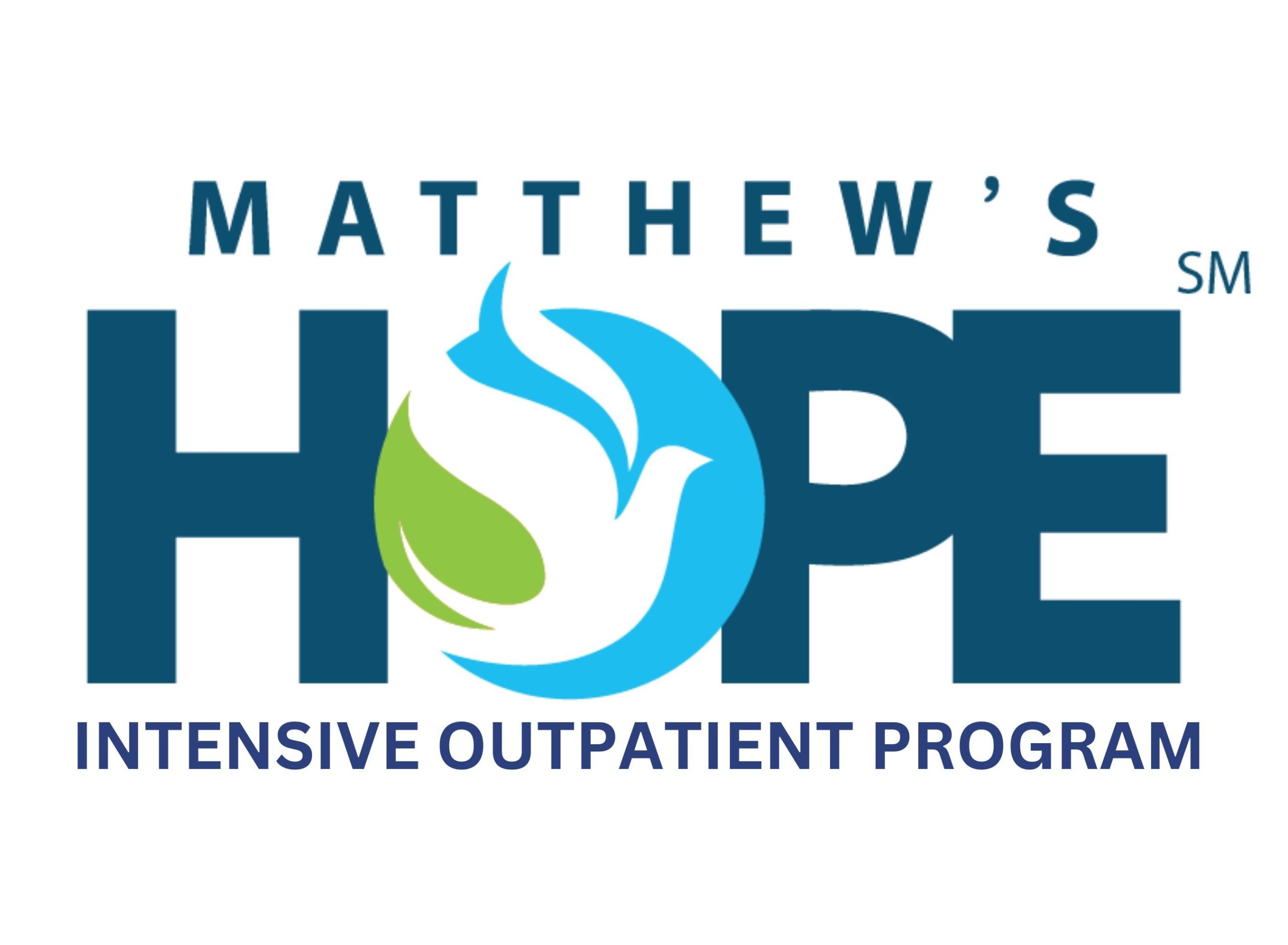
At Matthew’s Hope Intensive Outpatient Program (MHF IOP), we specialize in providing comprehensive alcohol addiction treatment focused on sustained, long-term recovery.
We understand alcohol addiction is a complex issue that affects individuals at any stage in life. Even later than most would expect. Particularly among retirees, late-onset alcohol addiction is becoming an increasingly prevalent concern.
Understanding Alcohol Addiction
Alcohol addiction (“alcoholism”) is a chronic, progressive disease characterized by an uncontrollable urge to consume alcohol. These urges overpower any understanding of the negative impacts on one’s health and well-being.
Alcoholism is not a lack of willpower. It is a serious medical condition that spans physical dependence and psychological obsession.

This phenomenon, termed late-onset alcoholism, can be particularly challenging due to the downplayed nature of alcohol use in our society. Given its legal status and widespread social acceptability, many don’t realize they have an issue until it has significantly progressed.
The progression of alcoholism can be a surprise, especially when it develops later in life. Contrary to common perception, alcoholism doesn’t just affect the young or reckless. It can creep up unnoticed until the individual finds themselves grappling with a serious addiction.
The implications of alcohol use extend far beyond the immediate risks. Accidents and drunk driving only scratch the surface.
It also has serious health repercussions, including liver damage and a multitude of other physical problems.
The Link Between Alcohol Use and Dementia
It’s a well-known fact that overconsumption of alcohol negatively affects brain health. Recent studies have also shed light on the connection between alcohol use and dementia.
Chronic alcohol consumption can lead to structural and functional changes in the brain. This can cause cognitive impairment that could potentially escalate into dementia or Alzheimer’s disease.
Alcohol-related brain damage isn’t always reversible, even after stopping alcohol consumption. Early intervention and treatment are crucial, especially for those in the later stages of life where brain health is already at risk.
MHF IOP’s Approach to Alcohol Addiction Treatment
At MHF IOP, we believe in a holistic approach to alcohol addiction treatment. We address not only the physical aspect of the addiction but also its psychological and social effects.

Our objective is to equip individuals with the necessary tools to maintain long-term sobriety. We provide long-term support through provider collaborations and a two-year recovery plan that addresses spiritual, occupational, physical, family, and nutritional areas.
We recognize the unique challenges faced by older adults struggling with late-onset alcohol addiction. That’s why we provide a supportive environment that respects their life experiences while addressing their specific needs and providing the necessary resources to facilitate the journey to recovery.
Regain Control with MHF IOP
Alcohol addiction can feel overwhelming, especially when it creeps up on you later in life. But it’s crucial to remember that it’s never too late to seek help and make a positive change.
At MHF IOP, we’re committed to helping individuals navigate the path to recovery, one step at a time.
If you or a loved one is struggling with alcohol addiction, please reach out to us at Matthew’s Hope Intensive Outpatient Program today. We’re here to support you every step of the way, from the first moment of contact through the journey to sustained recovery.


